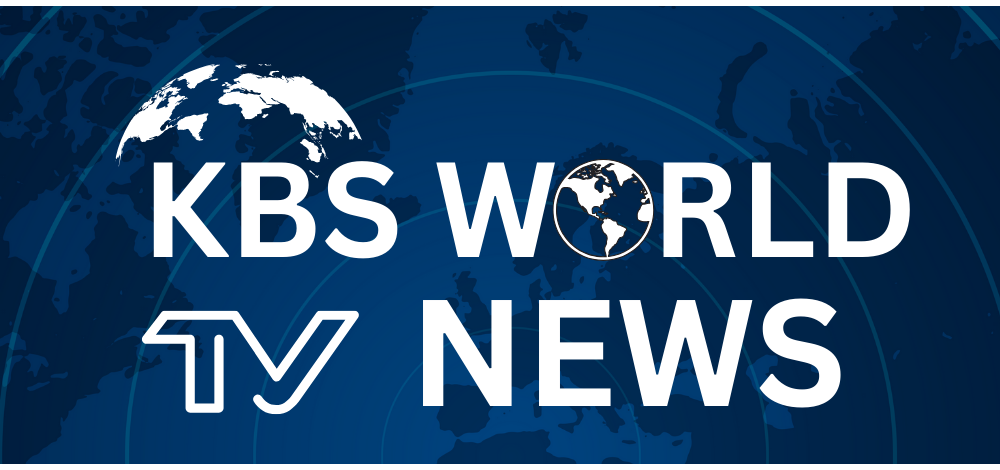Despite an upgraded global growth forecast of 3.2% for this year, a leading financial body has sounded the alarm over mounting risks, including immigration restrictions and over-enthusiasm in tech stocks. The world economy has shown “unexpected resilience,” but the report insists the outlook remains “dim” once short-term distortions are accounted for.
A significant portion of the concern is directed at the United States. The Trump administration’s hardline stance on immigration is projected to have a tangible negative impact, potentially cutting US GDP by as much as 0.7%. The report warns this could also lead to sector-specific inflation surges in industries like construction and hospitality, which depend on immigrant labor.
Parallel to this, the report points to “stretched valuations” in financial markets, particularly in companies associated with generative AI. Echoing recent warnings from its managing director, the institution cautions that a “correction” in share prices is a distinct possibility. If the market re-evaluates the prospective gains from AI, the resulting fall in investment could be “rather sharp.”
This precarious situation exists even as the immediate impact of trade tariffs has been less severe than anticipated. The report suggests that households and companies pulled purchases forward to get ahead of the tariffs, creating a temporary and misleading bump in economic activity. The true, damaging effects on business investment are expected to emerge over time.
The United Kingdom’s economy is also walking a tightrope. Its growth forecast was nudged up to 1.3% for the year. However, it is simultaneously forecast to have the highest inflation rate in the G7 for the next two years, a worrying trend that suggests the Bank of England must proceed with extreme caution on monetary policy.



